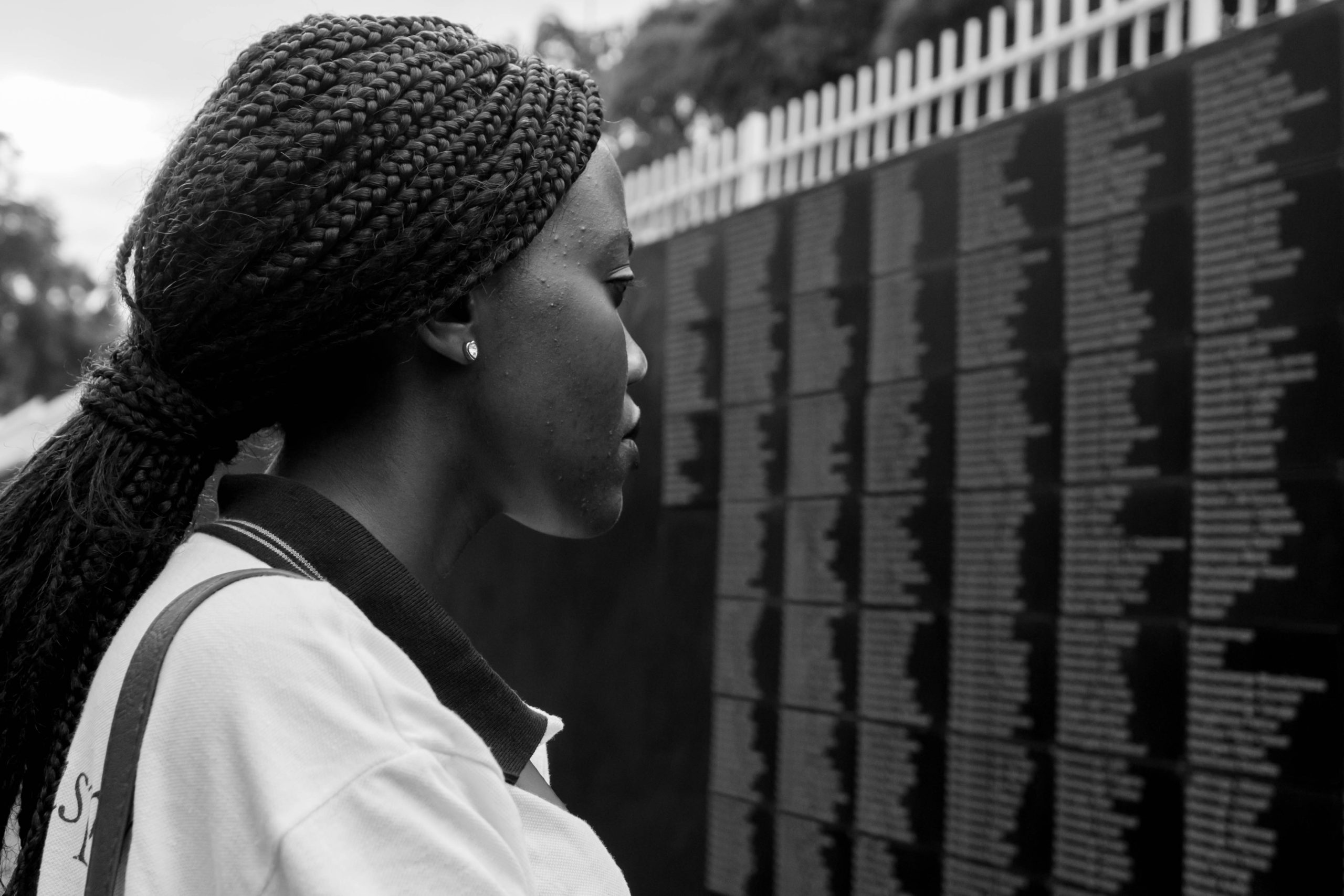Every year on April 7th, the Rwandan community globally comes together to commemorate the 1994 Genocide Against the Tutsi, a period that lasts 100 days. Every year, we come together as a people to pay respect to the innocent lives lost in the most atrocious ways, we take the time to reflect on the journey we have been on, and the journey we continue to take. Over the past 28 years, Rwanda has seen an incredulous amount of progress in various sectors. From a flourishing economy, to celebrating an army of strong leaders who are committed to building a country that is recognized as the “creme de la creme”.
As a youth born in the post-genocide era, every year around April, I start thinking of what life was like and what it would’ve been like. I begin to contemplate on what life looked like for a person of my age, in the midst of some of the most horrific sights and sounds. As the youth decided to sacrifice their lives for the country they served and many they witnessed gruesome massacres. To come from living in peace and harmony, to living and not knowing if you are next.
As I continue to grow in age, wisdom and knowledge, I also grow in empathy and understanding. Understanding the trauma, understanding the risks, understanding the journey we have undertaken. Every year, I become more and more inquisitive and seek to peel back layers, so as to discover more of what I can do today and for future generations.
In 2015, I visited Gisozi Genocide Memorial site for the first time. In entering the memorial, I was bracing myself for what was to come but in bracing myself I also had to take a step back and acknowledge that the pain I would feel, would never even be a fraction of the pain they felt. As I walked through the dark and somber halls of the memorial, I was overcome by an immense amount of pain that was somehow intertwined with gratitude. As a post-genocide youth, the wounds of my country were never fully understood or taken in, but the more I looked into our history and lineage, I realized that I had a lot to reflect on and learn.
There is an immense amount of privilege in being born post-genocide but this privilege comes with an immeasurable responsibility. A responsibility to passionately learn our history, the best way to achieve what hasn’t been achieved is to begin with educating one’s self. On where it all started, what happened, what legacies it left, what has been done so far, where we have reached, and most importantly where we are going.
We as the youth ought to be active participants in the change we wish to see in our country and through this, equip ourselves with the right toolkit needed to preserve the peace that has been nurtured, learn critical thinking skills and proudly take on the mantle to be the future leaders our country and world needs


